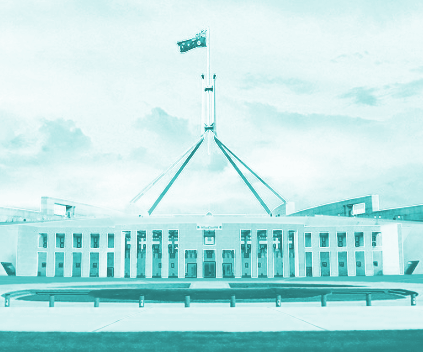Albanese announces reshuffle
 Prime Minister Anthony Albanese has announced a cabinet reshuffle - his first major ministerial reorganisation since taking office in 2022.
Prime Minister Anthony Albanese has announced a cabinet reshuffle - his first major ministerial reorganisation since taking office in 2022.
The reshuffle comes amid ongoing political pressures and strategic shifts within the government, leading to both promotions and demotions among key figures.
Tony Burke assumes the role of Minister for Home Affairs and Immigration - a substantial portfolio expansion for Mr Burke, who will also oversee multicultural affairs, cyber security, and the arts. Additionally, he retains his position as the government's leader of the House.
Senator Malarndirri McCarthy from the Northern Territory has been appointed Minister for Indigenous Australians, following Linda Burney's announcement of her retirement at the next election.
Senator Jenny McAllister has been promoted to Minister for Cities and Emergency Management, in a move seen as a display of her growing influence within the government.
Senator Murray Watt moves from the Agriculture portfolio to become the new Minister for Industrial Relations, filling the vacancy left by Mr Burke.
Pat Conroy joins the Cabinet as Minister for Defence Industry and Capability Delivery and Minister for International Development and the Pacific.
Some moves could be seen as demotions too, with Andrew Giles having been moved from his role as Minister for Immigration to take on the non-cabinet position of Minister for Skills and Training.
Clare O'Neil, the former Home Affairs Minister, will now lead the Housing and Homelessness portfolio.
Julie Collins has lost her Housing and Homelessness portfolios but remains the Minister for Small Business, with added responsibilities for Agriculture, Fisheries, and Forestry.
Prime Minister Albanese's reshuffle follows the retirement announcements of long-serving Labor figures Brendan O'Connor and Linda Burney, and the resignation of Tasmanian Senator Carol Brown due to health issues.
Announcing the changes, Albanese emphasised the stability and unity of his government.
“Today I announce changes to the Cabinet and to the ministry, drawing on the strength and depth of the Parliamentary Labor Party,” he said on Sunday.
He said the new team will deliver better outcomes and more opportunities for all Australians.
The reshuffle also includes the creation of some special envoy roles to address specific issues.
Peter Khalil, MP for Wills, has been appointed as the special envoy for social cohesion amid rising concerns over social unrest and anti-Semitism.
Luke Gosling, MP for Solomon, becomes the special envoy for Defence, Veterans’ Affairs, and Northern Australia, while Andrew Charlton, MP for Parramatta, has been named special envoy for Cyber Security and Digital Resilience.
The federal opposition has been highly critical of ministers O'Neil and Giles, particularly following a High Court decision that led to the release of immigration detainees who later committed crimes.
However, Prime Minister Albanese defended his ministers and their performance, attributing the difficulties to the challenges inherited from opposition leader Peter Dutton’s tenure as Home Affairs Minister.
In a major structural change, Albanese announced that the Australian Security Intelligence Organisation (ASIO) will be moved from the Home Affairs portfolio to the Attorney-General's department.
This realignment aims to enhance coordination by placing ASIO alongside the Australian Federal Police under Attorney-General Mark Dreyfus’s leadership.
The newly appointed ministers will be sworn in today, marking the beginning of what Albanese describes as “a significant move forward” for his administration.








 Print
Print